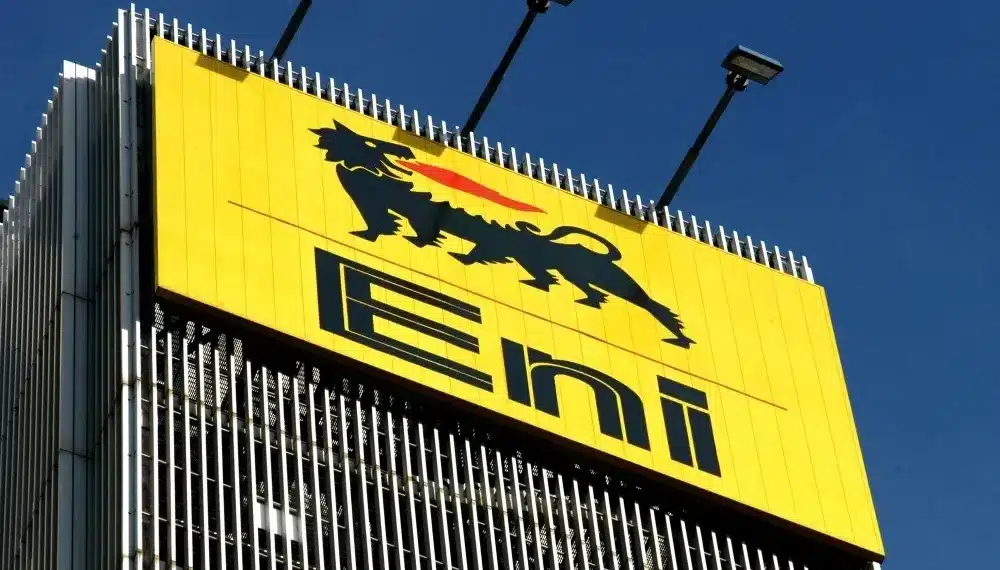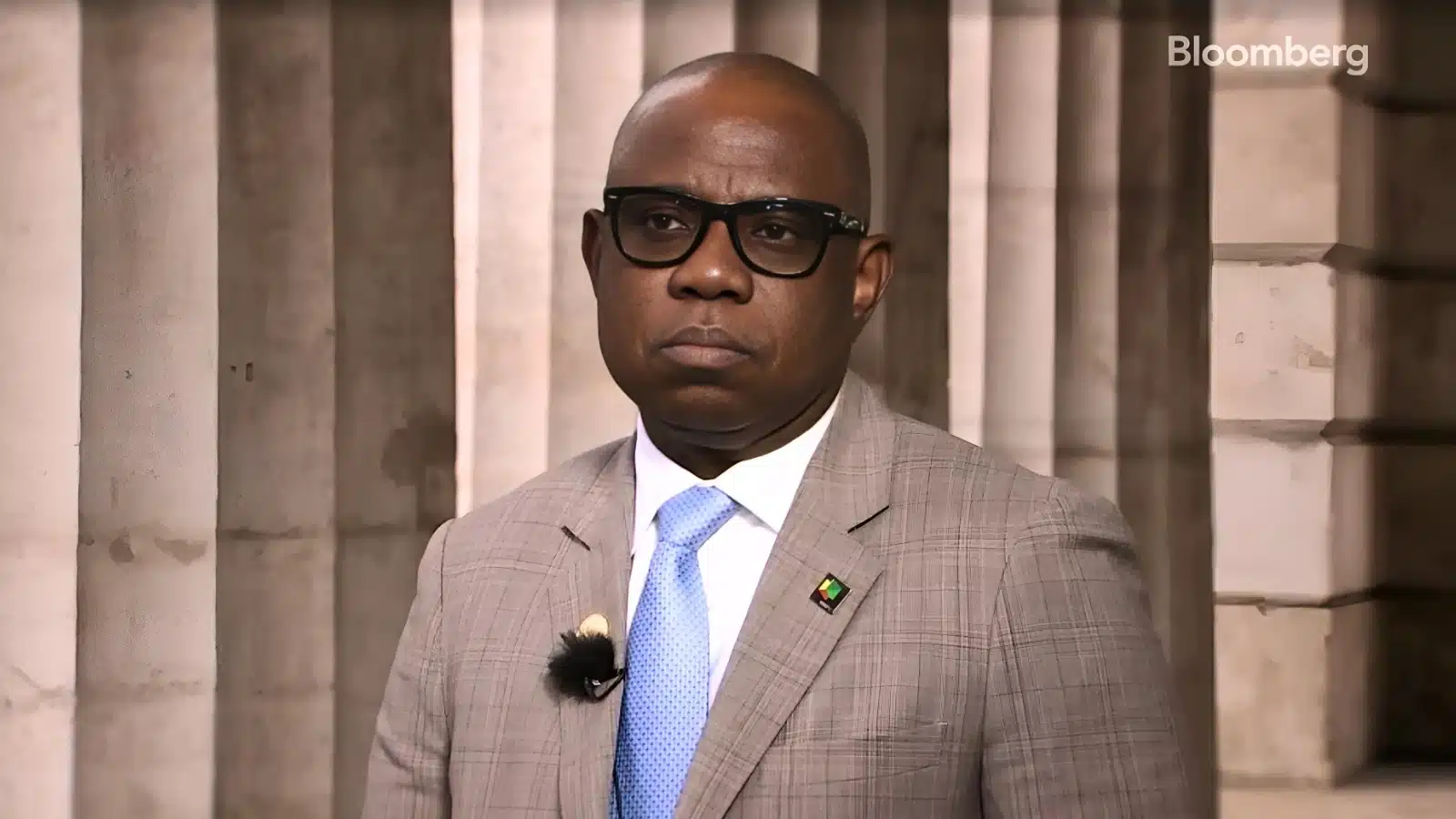Italian energy company, Eni, said it will invest around $26 billion in North Africa over the next four years to support energy production in the region, according to the firm’s chief executive officer, Claudio Descalzi.
Descalzi stated this on Tuesday while speaking at an energy conference in Ravenna, Italy.
He said the investment will be spread across Algeria, Libya, and Egypt, adding that each country will receive more than €8 billion (about $8.7 billion) during the period.
He noted that the investment aligns with Italy’s broader efforts under the Mattei Plan a government strategy to strengthen political and economic relations with African countries, particularly in the energy space.
“Internal demand in these countries because of demographic growth is increasing at about 7 to 8 percent every year. This means they need gas and they need investment,” Descalzi said.
Italy’s growing interest in Africa
The planned investment by Eni comes as the Italian government looks to deepen its ties with the African continent in a bid to secure alternative energy sources and reduce dependence on Russian supplies.
Through the Mattei Plan, Italy is working with African nations on joint projects that promise mutual benefits, including energy security, development funding, and job creation.
Eni, which has operated in North Africa for decades, is one of the leading foreign investors in the region’s oil and gas sector.
The company’s investment will not only support energy exports to Europe but also help meet rising domestic energy demand in these countries.
In addition, Eni’s renewed focus on Egypt is also aimed at reviving gas exports from the country, which have declined in recent years. Egypt was once on track to become a major exporter of gas following the discovery of the Zohr offshore field by Eni in 2015.
However, local gas production has fallen steadily since 2021, reaching a six year low in 2024.
To address the shortfall, Egypt signed an agreement earlier this year with Cyprus to process gas from Cyprus’s offshore fields in Egypt for re export.
Eni is responsible for the liquefaction and export of the gas to Europe as part of the deal.
Descalzi noted that investments in Egypt are aimed at supporting both domestic consumption and exports, adding that long term energy security depends on continued development of infrastructure and resources in the region.









